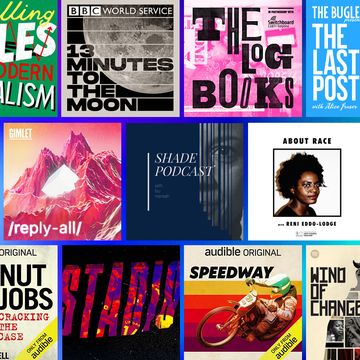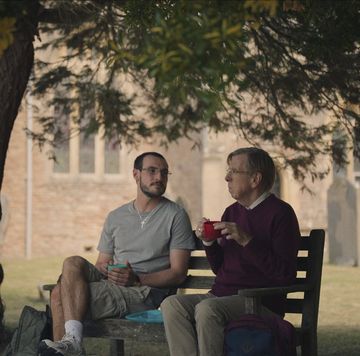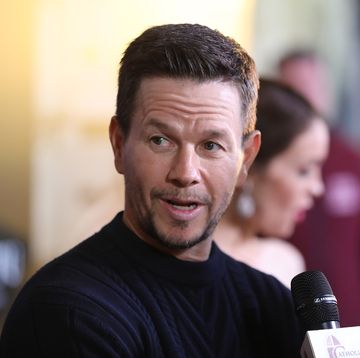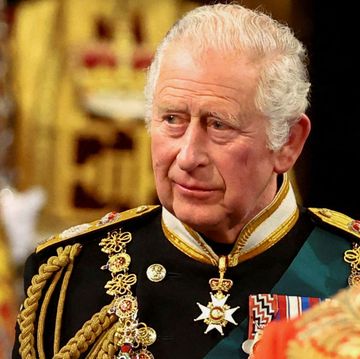Despite 'Youthquake' being crowned the 2017 word of the year by the Oxford Dictionary, its use in relation to the recent UK election might need some revising.
This is according to a new report from the British Election Study team, which contests the widely-reported idea that a large increase in 18-24-year-olds turning up at the polls saw Labour make gains against the Conservatives in areas they had not threatened for decades.
The data, as reported by the BBC, reports that despite the Corbyn's popularity with young people as shown by Glastonbury goers chanting his name, the idea that previously disengaged youth had been inspired to vote doesn't add up.
"Newly released results using this data show that there was very little change in turnout by age group between the 2015 and 2017 elections. Younger voters were still much less likely to vote, older voters much more so."
"In both years, turnout among the youngest voters was between 40% and 50%. That there was no surge in youth turnout should probably not be as surprising as it is," they explain.
"Overall turnout did go up in 2017, but only by 2.5 percentage points. All of this suggests that large, sudden, and unexpected shifts in the age-turnout relationship are very unlikely. The idea that there was a surge in youth turnout may reflect a belief that politicians achieve success because of what they set out to do."
Labour's strong social media activity, inclusion of youth-centric manifesto pledges, magazine cover stories, and well-received appearance at Glastonbury showed that Corbyn was actively encouraging young, disenfranchised people to vote, but his efforts didn't necessarily work out.
The BES team explain why Labour's vote share increase doesn't correlate to swathes of young people voting where they previously hadn't:
"Labour was more popular among young people than old people in 2017 and its share of the youth vote did increase, but winning the support of more of the young people who vote is not the same as a surge in youth turnout."
They add, "It is also worth pointing out that in 2017 Labour's popularity increased among all ages, except for those over 70."
In short, previous Conservative voters who were unhappy with Theresa May's performance as Prime Minister seemingly switched to Labour, as opposed to new voters signing up. This was a pattern in all age groups below 70, not just the 'youths'.
But, under-seventyquake just doesn't have quite such a ring to it, does it?














